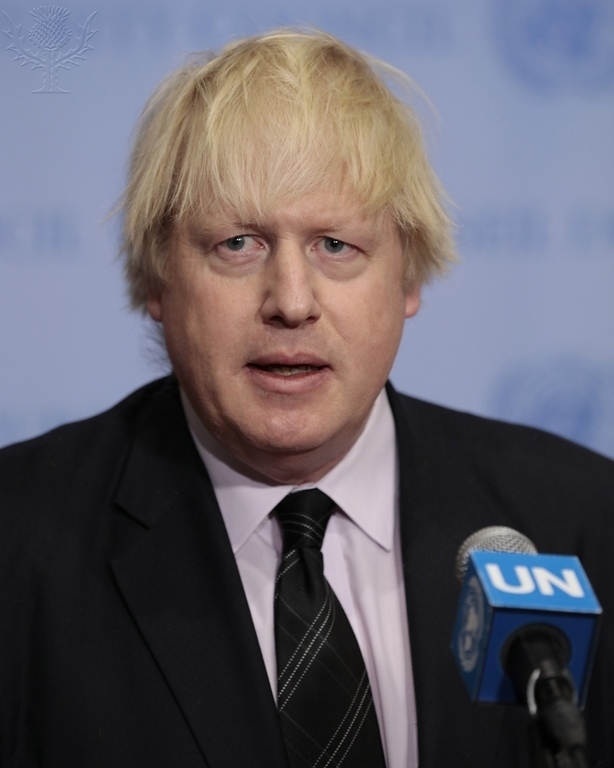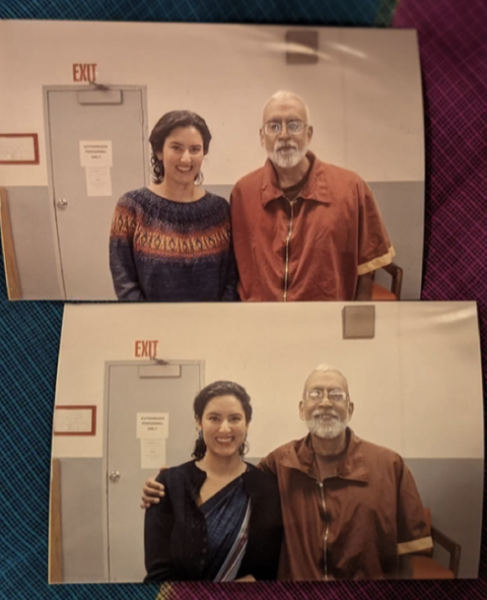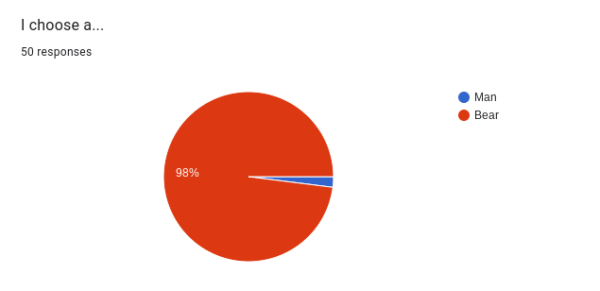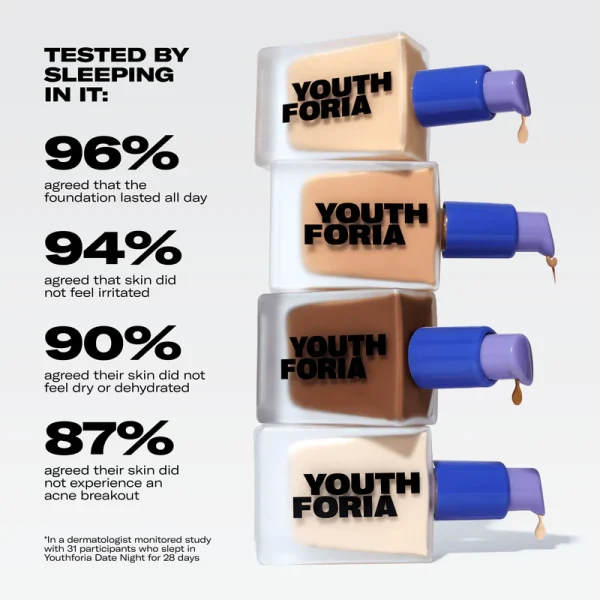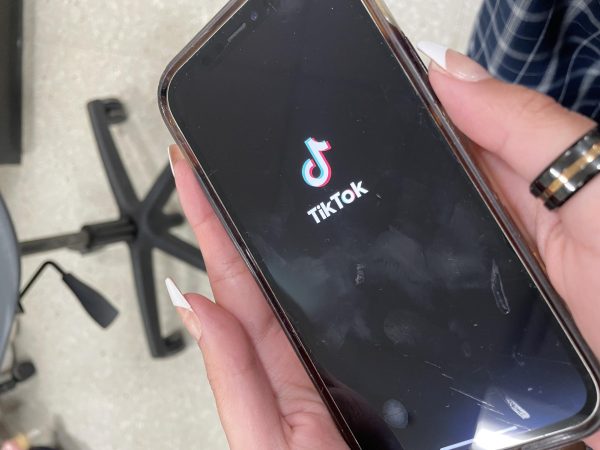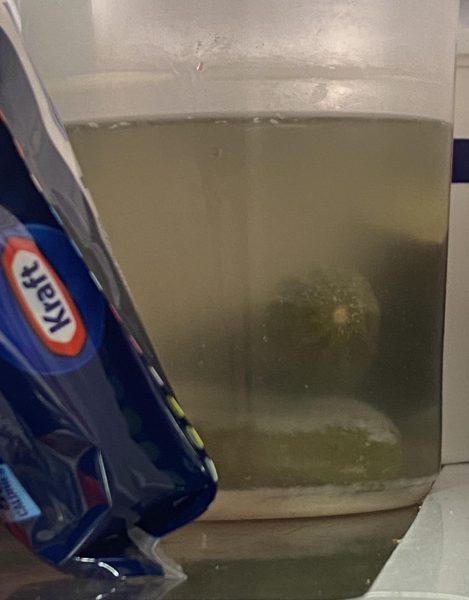Understanding the Brexit Nightmare
UK Prime Minister Boris Johnson is doing everything in his power to force Britain from leaving the European Union on October 31st. Image courtesy of ImageQuest
October 1, 2019
If you’ve been following international politics for the past few years, you’ve probably heard the term Brexit tossed around. But what is Brexit? The short answer is the British exit from the European Union.
The European Union (EU) is a multinational organization of 28 countries in Europe which allows free trade and immigration between each of its members. The United Kingdom joined in 1973 and is now hoping to become the first member to leave.
On June 23, 2016, a referendum vote occurred in the UK with 52% of voters demanding to leave the EU. With a worldwide rise in nationalism, many citizens of the UK desired complete control of what went on within their country, without the pressing limitations of the EU. These desires were egged on by a misleading Brexit political campaign, forefronted by blatant lies. False claims such as, “The money saved from leaving the EU will result in the NHS (National Health Service) getting £350m a week.” This is a misuse of statistics, not taking into account the money the EU gives back to England.
On the day after the referendum, Nigel Farage, leader of Britain’s Brexit party, openly admitted that this advertisement was a lie, although nearly half of the population believed it. “It was very elaborate and no one could ignore their campaign; there were buses with their faces on it,” Alex Smith, a 17-year-old from Northampton, England, said. “It was a strong campaign, I must say, but a lot of empty promises.”
Three years after the initial referendum, the UK has been through three Prime Ministers, numerous motions of no confidence (attempts to remove the Prime Minister from power), and is nowhere near figuring out a Brexit deal. At the moment, the deadline to leave the EU is October 31st, and current Prime Minister Boris Johnson is doing everything in his power to force a no-deal Brexit, meaning leaving without negotiating any ways to maintain their trade partnerships with the rest of Europe. Johnson has suspended Parliament in an effort to block his opposition from working to either create a Brexit deal or organizing a vote of no confidence to remove him from power. The UK Supreme Court just ruled that Johnson’s suspension of Parliament was illegal, claiming that he lied to the Queen. However, despite this update, there is still the possibility that Johnson will get his way. The consequences of a no-deal Brexit would be catastrophic for the world, with young people especially taking the heat.
“A majority of the younger generation during the time of the referendum all wished to remain,” Smith said. “Our links with the EU were secure and being younger, we were more open to different cultures and ethnic backgrounds.” She added that her parents, at the time, had been supporters of Brexit, drawn to the promise of a better-controlled border, faster healthcare and lower taxes. Now that the realities of Brexit have set in, however, Smith said that many people are concerned about their country’s future.
“I’m uncertain about England’s future,” Smith said. “We will all need Visas to travel to countries in the EU and certain items such as toilet paper and carbonated water will be in shorter supply. French President [Emmanuel] Macron is suggesting a deal with France may be possible, and our trade with the [United States] is secure, however, the value of the pound has been fluctuating daily and its worth is overall decreasing.” These concerns are valid and should be shared by teens and adults worldwide. It will cause a dramatic shake-up of European trade, which will branch out to North America and impact international relations for years to come.
If Parliament cannot figure out a Brexit deal, and Johnson fails to work out a no-deal, then there are talks of another vote, giving citizens the opportunity to change their mind now that they realize how they were misled and what the consequences really are.
Andrew Chambers, a 15 year old from Londonderry, Northern Ireland, agrees. “I really just hope the whole thing could just collapse and everyone forgets about it,” Chambers said.
Whatever happens on October 31st will, for better or for worse, dramatically change the economic and political relations worldwide.

